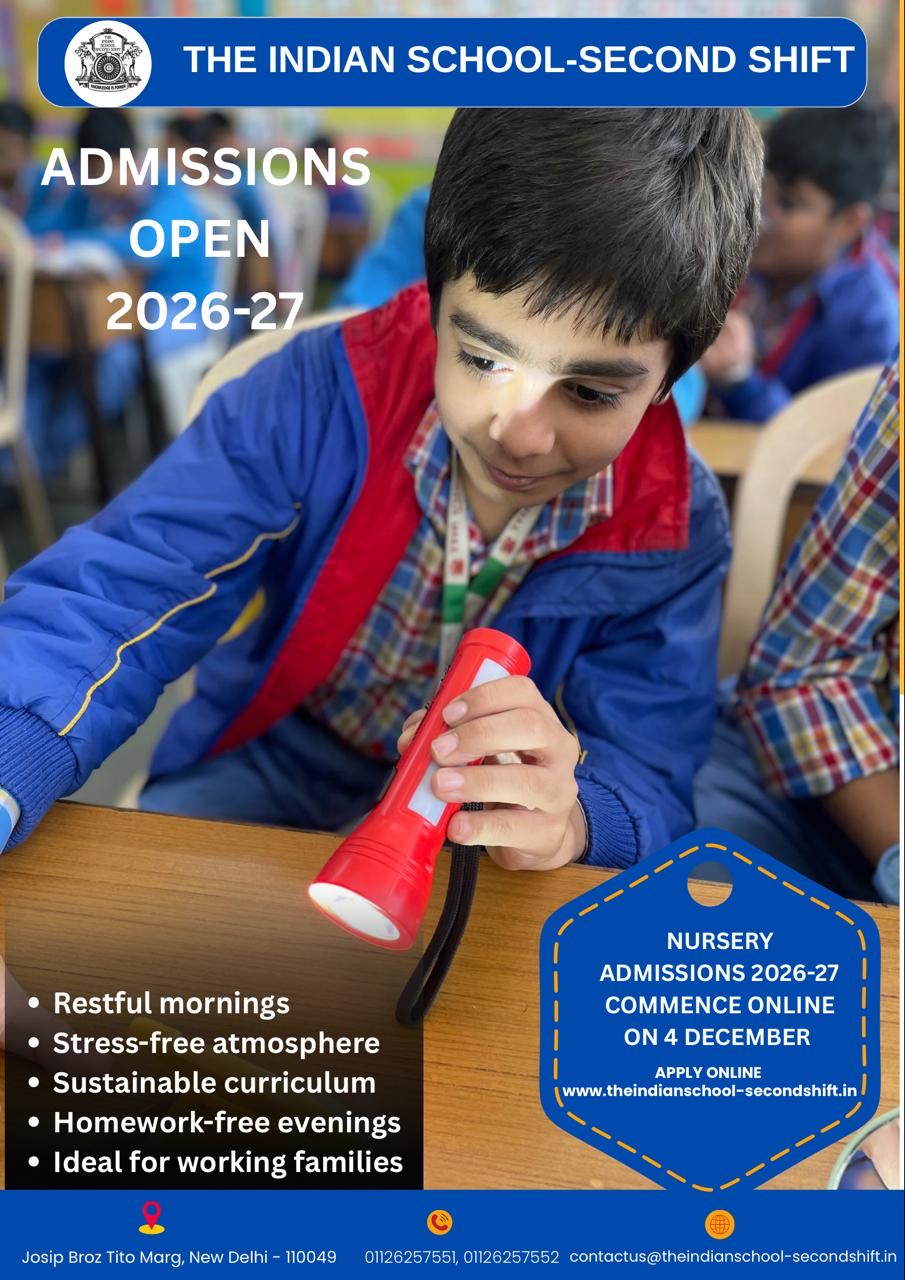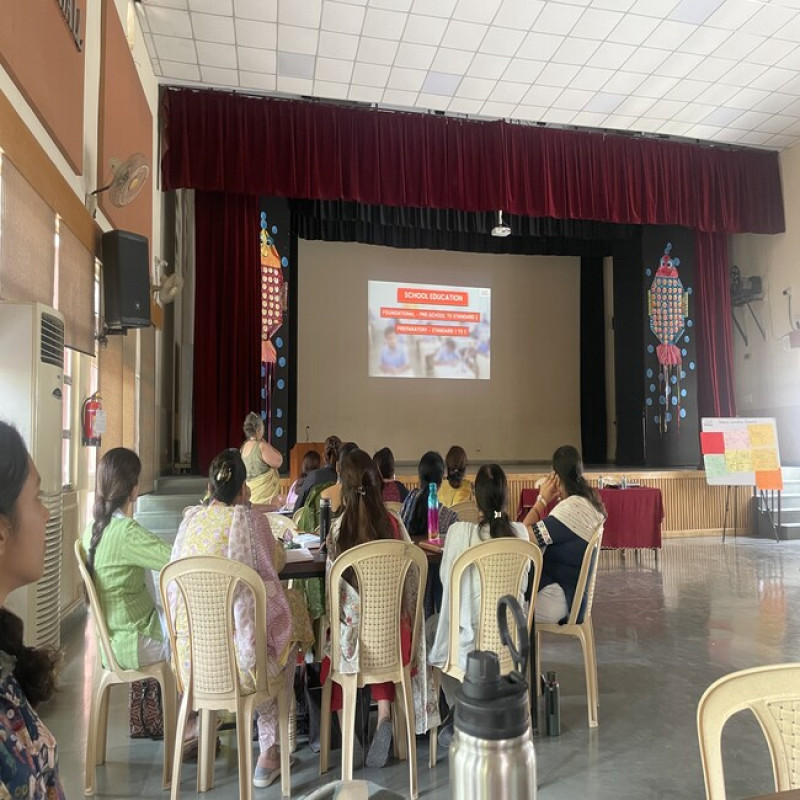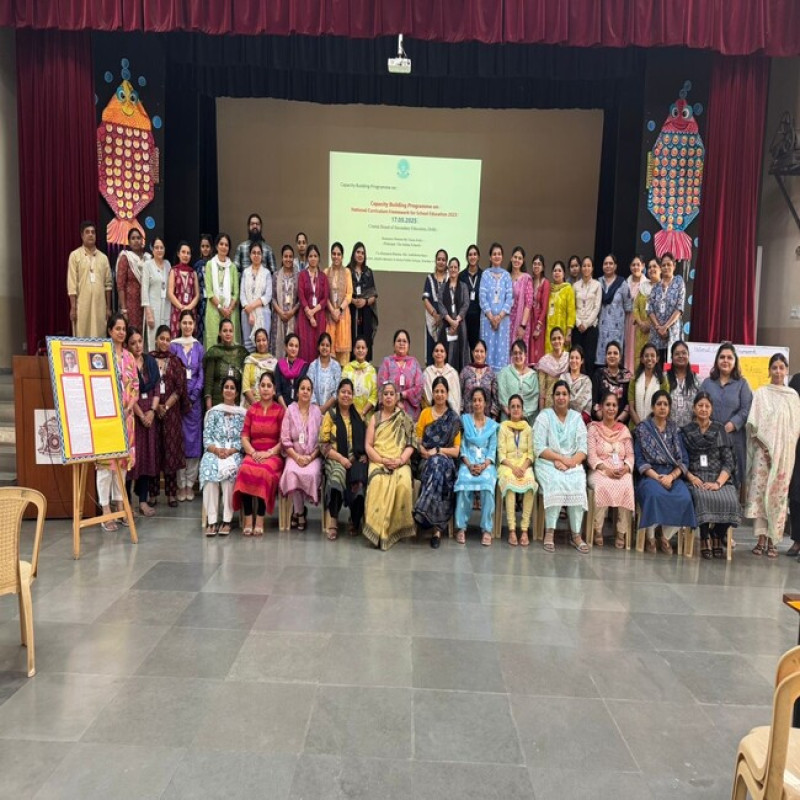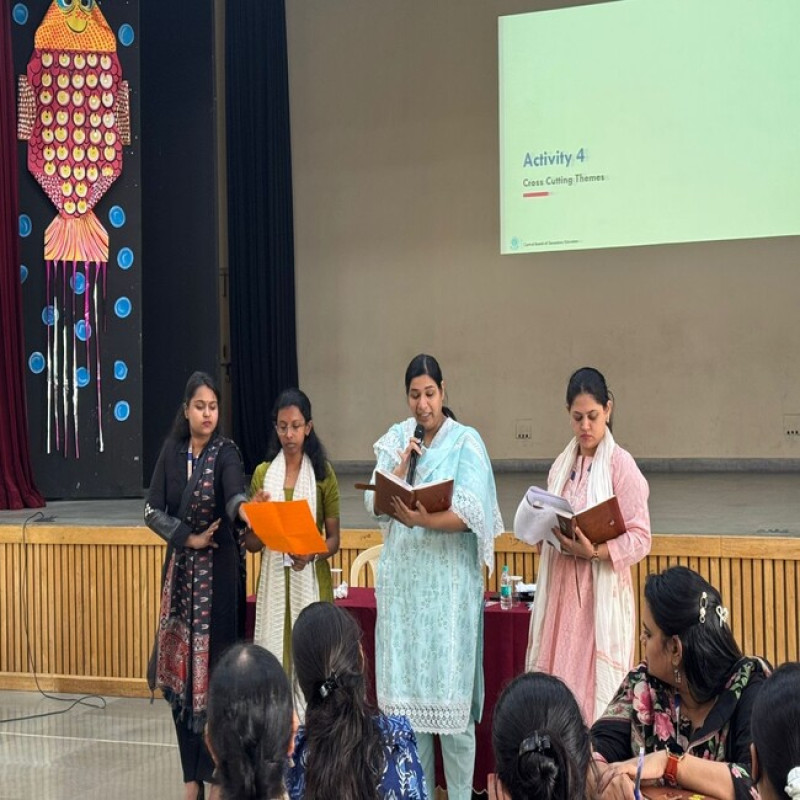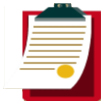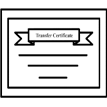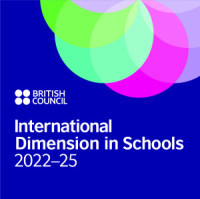CBSE Teacher Workshop on the National Curriculum Framework
On 17th May,The Indian School-Second Shift along with its sister school The Indian School, hosted an insightful workshop on the National Education Policy (NEP), led by School Principal, Ms Tania Joshi, along with co-resource person Ms. Sukhdeep Kaur.
Ms Joshi is a spirited and visionary leader, with an career spanning over 30 as an educator. Ms. Sukhdeep Kaur, a seasoned and innovative educator, is highly respected for her ability to connect meaningfully with students from diverse cultural and academic backgrounds. Together, they guided the teachers through a detailed exploration of the NEP and its implementation.
The workshop began with a concise introduction to the NEP, tracing its evolution as a transformative framework designed to foster inclusive and holistic education for all age groups. Emphasis was placed on how the National Curriculum Framework (NCF) provides streamlined guidelines and clearly defined aims and objectives that ensure the effective realisation of the NEP’s vision for school education. The NCF acts as a foundational tool, helping educators align their teaching strategies and lesson plans with the broader goals of equity, inclusion, and holistic development.
As the workshop progressed, participants delved deeper into the aims and objectives of the NEP, understanding how these guide teachers in crafting better lesson plans and becoming visionary educators who cater to the diverse learning needs of all students. The importance of equal education opportunities was highlighted as a primary objective, fostering a learning environment where every child has access to quality education without discrimination.
A significant segment of the workshop focused on gender sensitisation, supported by impactful videos illustrating how sensitising students and teachers to gender issues contributes to a more respectful and inclusive classroom atmosphere. The discussion reinforced that education’s primary mission is to nurture equality and respect, aligning with the NEP’s holistic approach.
The teachers were then engaged in an imaginative exercise, tasked with envisioning their school as a technologically advanced and inclusive learning space. This activity generated innovative ideas such as smart walls that double as writable surfaces for interactive learning, open sensory areas for pre school and pre primary students to explore and generate curiosity through touch and smell, and the integration of virtual labs that offer immersive, experiential learning. The inclusion of tactile flooring to support differently-abled students reflected the NEP’s focus on inclusivity and accessibility.
The workshop also underscored the importance of blending traditional teaching methods with modern technological tools to ensure a seamless transition between different modes of learning. Teachers acknowledged that combining both mediums can enhance understanding and engagement, supporting the NEP’s vision for flexible and adaptive education systems.
Later, the goals and objectives of the NEP were further discussed, providing new insights through peer discussions. Beyond academic instruction, the workshop addressed emotional well-being and resilience. The teachers explored strategies to overcome challenges, maintain emotional balance, and manage difficult emotions such as anger. These discussions emphasised the role of emotional support in fostering a positive and happy classroom environment.
The use of technology as a tool to support the students’ learning and emotional needs was reiterated, reinforcing the importance of digital literacy and innovation in education. In the final segment, teachers presented subject topics that incorporated the NEP’s objectives, showcasing thoughtful planning that linked subjects interdisciplinarily, reflecting the holistic and integrative approach advocated by the policy.
In conclusion, the workshop served as a comprehensive guide for teachers to plan and manage their classrooms effectively, facilitating meaningful communication between educators and learners. By aligning their teaching with the structured aims and objectives provided by the NCF and NEP, teachers were inspired to embrace a future-ready educational framework that promises a more inclusive, engaging, and effective learning experience for all students.

